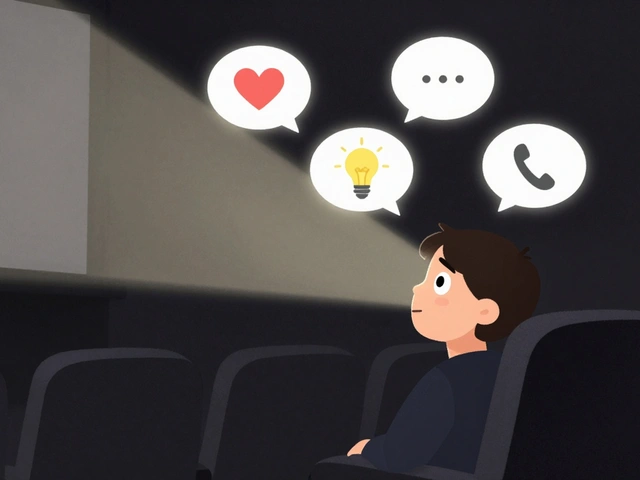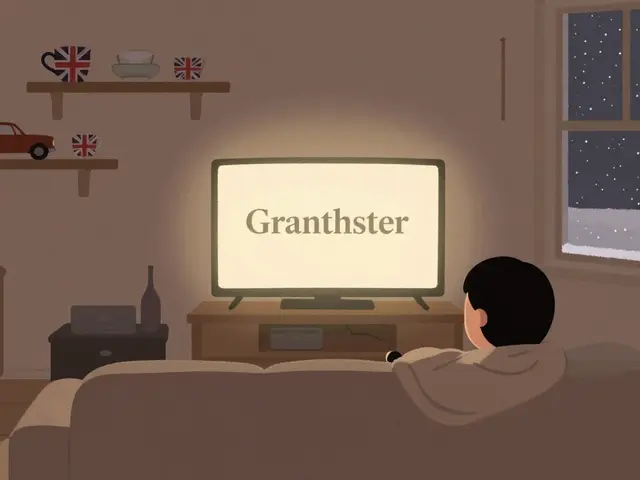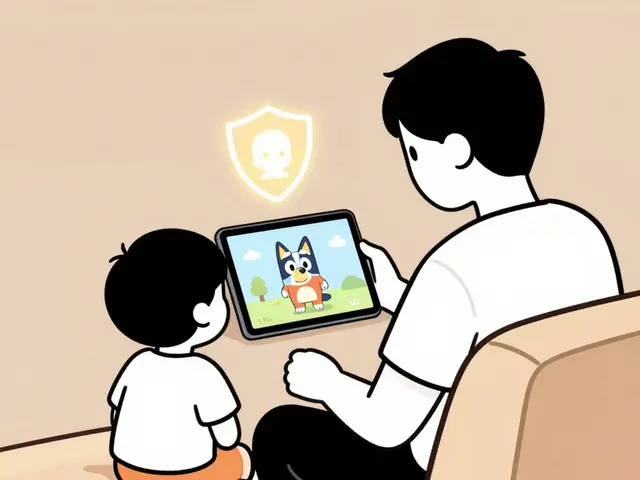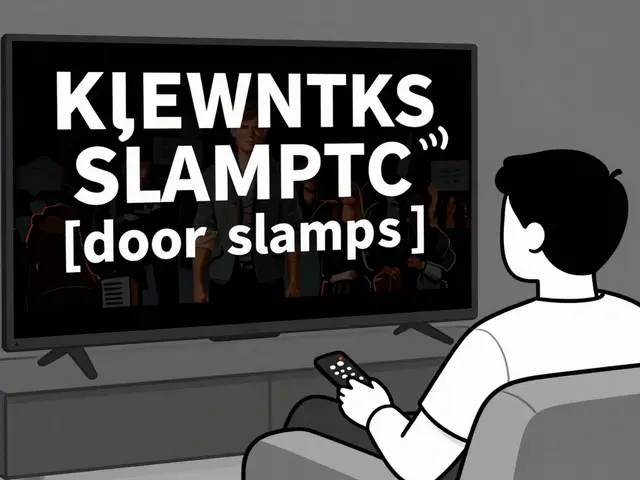14
Groundhog Day Review: Bill Murray’s Time-Loop Romance

Groundhog Day isn’t just a comedy about a weatherman stuck in a single day. It’s a quiet, brilliant exploration of loneliness, redemption, and what happens when you stop trying to escape your life-and start improving it.
Released in 1993, the film came out during a time when romantic comedies were mostly about misunderstandings, last-minute airport chases, and grand gestures. Groundhog Day flipped the script. Instead of falling in love because of chemistry, Phil Connors (Bill Murray) falls in love because he finally becomes someone worth loving.
Phil starts as a cynical TV meteorologist who hates his job, his colleagues, and the small town of Punxsutawney, Pennsylvania. He’s sent there to cover the annual Groundhog Day festival, a quirky tradition where a rodent predicts the weather. He’s bored. He’s rude. He’s miserable. And then, he wakes up again. And again. And again.
The time loop isn’t magic. It’s punishment. Or maybe therapy. Either way, it forces Phil to confront himself. At first, he uses it selfishly-stealing money, seducing women, even committing crimes. He learns the town’s routines down to the second. He knows which sidewalk cracks will trip people. He knows exactly when the old man will drop his ice cream cone. He becomes a god in a tiny world.
But power without purpose is empty. After trying everything, Phil hits rock bottom. He tries to kill himself. Over and over. Nothing works. The day resets. He’s still alone. That’s when the real story begins.
How a Time Loop Becomes a Spiritual Journey
The genius of Groundhog Day is that it never explains why the loop happens. No scientists. No aliens. No mystical groundhogs. It’s not about the mechanism. It’s about the transformation.
Phil starts learning piano. He reads poetry. He helps people-saving kids from falling trees, fixing flat tires, rescuing old men from choking. He remembers birthdays. He learns to ice skate. He learns how to tell when someone’s about to cry. He becomes good at being human.
And Rita (Andie MacDowell), the producer he once tried to seduce with empty charm, starts noticing the change. She doesn’t fall for him because he’s rich or handsome. She falls for him because he’s kind. Because he listens. Because he shows up-not for her, but for everyone.
This isn’t a love story built on sparks. It’s built on patience. On repetition. On showing up, day after day, even when no one’s watching.
Why Bill Murray Was Perfect for Phil Connors
Before Groundhog Day, Bill Murray was known for playing sarcastic, detached characters in films like Ghostbusters and Scrooged. He was the guy who rolled his eyes at the world. Groundhog Day gave him room to stretch. He didn’t just play a man stuck in a loop-he played a man slowly breaking open.
There’s a scene where Phil, after months of repetition, sits alone in the diner, eating pie. He’s not laughing. He’s not angry. He’s just… present. You can see the weight lift from his shoulders. That moment isn’t scripted. It’s lived.
Murray’s performance is quiet. He doesn’t shout. He doesn’t monologue. He just changes. And that’s what makes it real. You don’t notice the shift until you look back and realize this guy who once mocked a child for falling in the mud is now teaching him how to catch snowflakes on his tongue.
The Romance Isn’t in the Kiss-It’s in the Listening
Most rom-coms end with a kiss. Groundhog Day ends with a sunrise.
The final scene isn’t about Phil finally breaking the loop because he got the girl. It’s about him breaking the loop because he stopped trying to control it. He stopped trying to win Rita. He stopped trying to escape. He just… let go.
And that’s when she says it: “I think you’re different.”
That’s the whole movie in three words.
Phil didn’t win her by being charming. He won her by being honest. By being vulnerable. By becoming someone who cared more about others than himself.
It’s rare for a romantic comedy to say: love isn’t about finding the right person. It’s about becoming the right person.

Why This Movie Still Matters in 2025
Today, we’re all living in our own versions of Punxsutawney. We wake up to the same emails, the same traffic, the same arguments. We scroll through feeds, chase validation, and wonder why nothing feels meaningful.
Groundhog Day doesn’t tell you to quit your job or move to Bali. It tells you to pay attention. To show up. To do the small things-better-every day.
That’s why it’s still the most watched romantic comedy on streaming platforms in 2025. People aren’t rewatching it for the jokes. They’re rewatching it because it reminds them they can change.
It’s not about the time loop. It’s about what you do with the time you have.
What Makes This Film a Masterpiece
It’s the perfect balance of humor and heart. The script, written by Danny Rubin and Harold Ramis, never lets the comedy overshadow the message. Every joke serves the character. Every silence carries weight.
The cinematography is simple-no flashy angles, no dramatic lighting. It looks like a real small town in February. That’s the point. This isn’t fantasy. It’s a mirror.
And the ending? No fireworks. No orchestral swell. Just sunlight. And a quiet smile.
That’s the most powerful moment in the film. Phil doesn’t celebrate. He doesn’t shout. He just looks at Rita, and for the first time, he’s not trying to get out of the day. He’s glad to be in it.

Where to Watch and What to Look For
You can find Groundhog Day on most major streaming platforms in 2025, including Peacock and Amazon Prime Video. If you’ve only seen it once, watch it again. This time, pay attention to the background. Notice how the same people appear in the same spots each day. Watch how Phil’s expressions change-his eyes soften. His posture relaxes.
Look for the moment when he stops saying “I’m not going to do this anymore” and starts saying “I’ll help you.” That’s when the movie becomes something deeper than comedy.
It’s not a movie about being stuck. It’s a movie about waking up.
Is Groundhog Day a romance or a comedy?
It’s both. The movie uses comedy to explore deep emotional growth. The humor comes from Phil’s absurd situations, but the heart of the story is his transformation from a selfish man into someone who genuinely cares. The romance isn’t about grand gestures-it’s about quiet, consistent change.
Why is Bill Murray’s performance so praised?
Murray doesn’t play Phil as a caricature. He shows the slow, painful shift from bitterness to compassion without overacting. His best moments are silent: the way he looks at Rita after helping a stranger, or how he eats pie alone in the diner. He makes you feel the weight of 40+ days without saying a word.
Does the movie have a deeper message?
Yes. The film suggests that real change doesn’t come from escaping your life-it comes from improving it. Phil doesn’t break the loop by finding love. He breaks it by becoming someone who deserves love. It’s a lesson about mindfulness, presence, and the power of small, daily acts of kindness.
Is Groundhog Day overrated?
Some call it overrated because it’s so popular. But its staying power comes from how accurately it captures the feeling of being stuck-in a job, a relationship, a rut. People relate to Phil because they’ve been there. It’s not the plot that’s timeless-it’s the emotional truth behind it.
What’s the significance of the groundhog?
The groundhog is just a setup. The real story has nothing to do with weather prediction. It’s a symbol of routine-the same event, every year, no matter what. The movie uses it to show how people get trapped in cycles, both literal and emotional. The groundhog doesn’t matter. What matters is what Phil does after he realizes he’s stuck.
Final Thoughts: A Movie That Changes You
You don’t just watch Groundhog Day. You feel it. Days after watching, you might catch yourself smiling at a stranger. Or holding the door longer. Or listening instead of waiting to talk.
That’s the mark of a great film. It doesn’t just entertain. It nudges you toward being better.
Phil Connors didn’t need magic to change. He just needed time-and the courage to use it differently.









